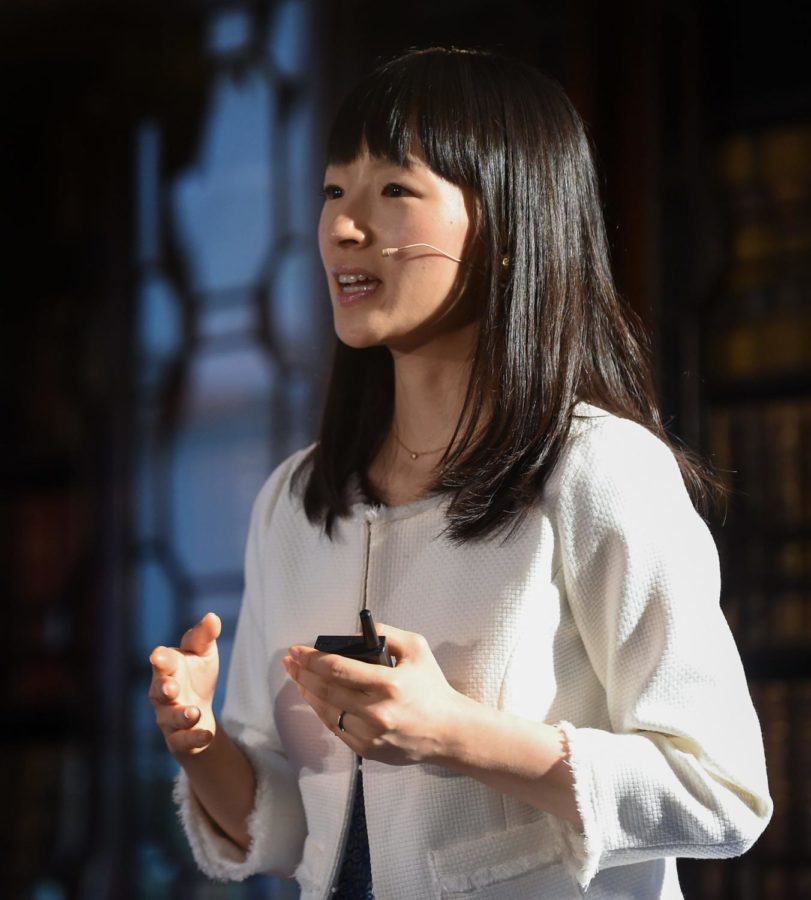Shiralkar: The virtue of detachment
Columnist Parth Shiralkar believes being able to let go of things is essential. Shiralkar thinks detachment is an important value to keep life in control.
January 22, 2020
We’re already a month or so into the new year, and suddenly, it seems like there is so much to do, so much to undo, so much to let go of and so much to hold on to. I have written about this in my past columns, but the idea of a soft detachment from things in life is something I have grown to appreciate in the recent past.
If you’re not familiar with the popular Netflix series hosted by Marie Kondo, “Tidying Up” is a slightly insightful but rather entertaining show that tells you to let go of things. “Does this <insert object name here> spark joy?” asks the host. If the answer is not a resounding “yes,” then it is best to let go of it, she says.
This show, I have observed, has helped many dissatisfied roommates around the world in decluttering their homes simply by virtue of being heralded as a hip and modern take on cleanliness.
Jordan Peterson may be a controversial figure, and I don’t agree with all of his ideas, but he is a strong proponent of cleaning your room, a message that I personally stand behind. What if, then, this same concept is applied to the way we feel, the way we think? Could a nice, de-cluttered mind be an achievable goal?
The Stoics were quite ancient people (by this, I mean that they existed long ago and that they were all somewhat unreasonably old) whose teachings all held the underlying message of detachment. This is a very effective ideology to help overcome anxiety. Again, I do not totally agree with the entire message of the Stoic philosophy, but I do admit that it is nice to be able to let go of things.
This idea of letting things go and observing your feelings as a mere spectator instead of getting all roiled up in them, thus escalating into anxious states of mind, has been a core idea of Cognitive Behavioral Therapy (CBT). CBT is just a fancier and more scientifically pleasing name for mindfulness, which is a nuanced form of meditation, from what I can gather, which isn’t much, but it’s okay.
How wonderful it would be to be able to get attached to things, even people, but being aware that the thing or the relationship or the way you feel, even, exists right now but may not exist in the next moment.
I have a short clip from the animated series Adventure Time saved in my phone. I look at that clip whenever I feel like things are spiraling beyond my control, and I realize that life is too short to sweat the small stuff. So I sweat when I’m building a quantum time machine thingy instead.
Jokes apart, I understand that people may prefer different ways of looking at attachment and perhaps detachment. Sometimes, that is simply how things are.

















